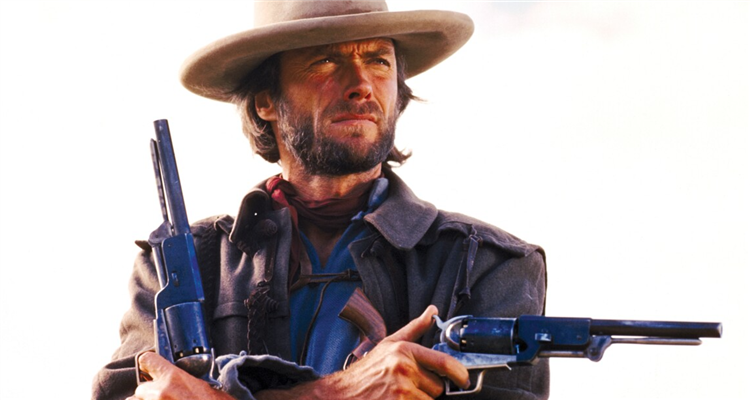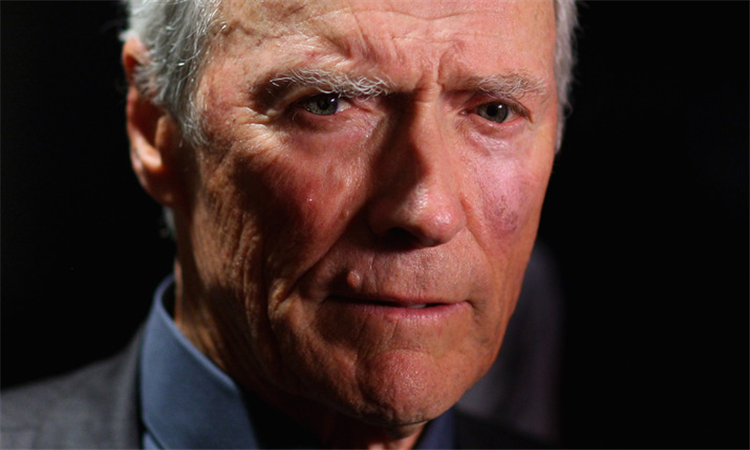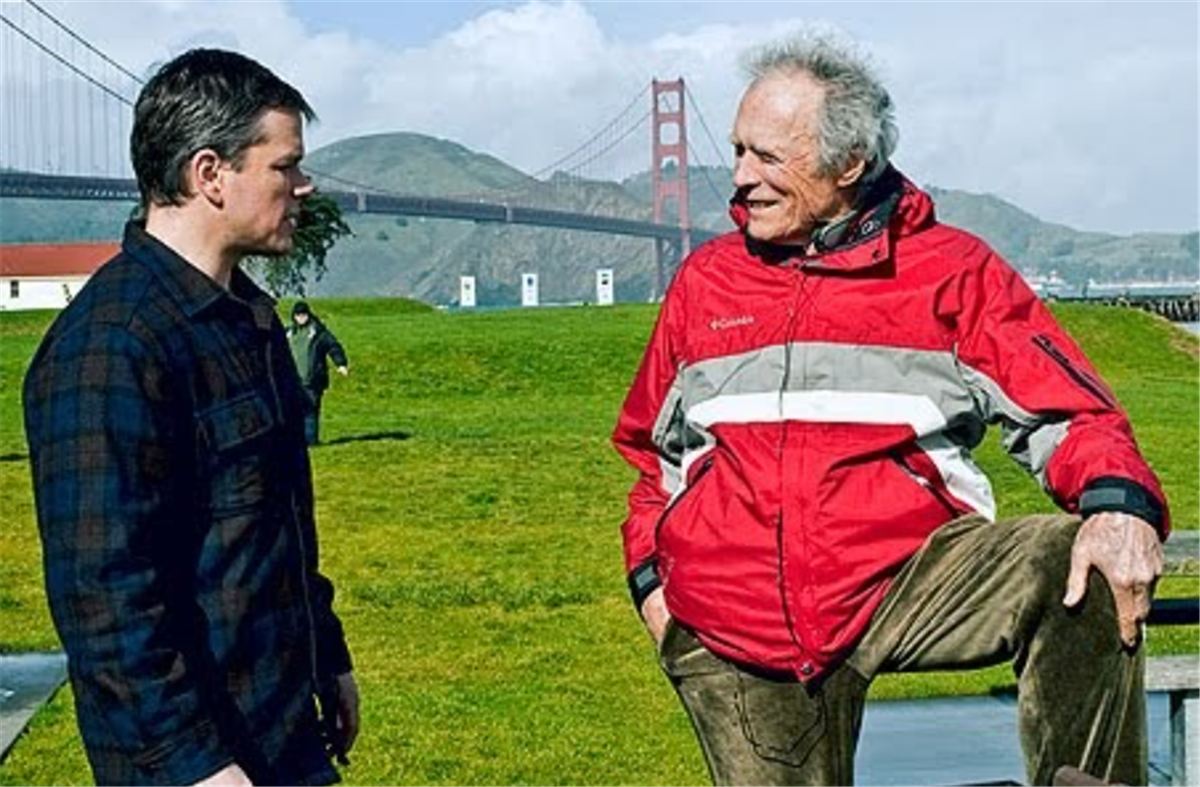Clint Eastwood’s first Hollywood swan song was 1992’s Unforgiven, a dark, bitter Western that bade goodbye to the genre that had made him famous. He was 62 at the time, and after some 30-plus years of riding horses on-screen, the actor-director seemed ready to retire from the fictional range. Since Unforgiven, Eastwood has made 23 more films, starring in 10 of them, and many of those projects could also be considered curtain calls. In movies such as Space Cowboys, Blood Work, Gran Torino, and The Mule, he played fading exemplars of a prior generation’s masculine ideal who were struggling to understand their place in a new world. But Eastwood’s latest film, Cry Macho, marks the first time since 1992 that he’s actually gotten back in the saddle.
In Cry Macho, based on N. Richard Nash’s 1975 novel, Eastwood (now 91 years old) plays Mike Milo, a former ranch hand and horse breeder who is sent to Mexico by his old boss Howard (played by Dwight Yoakam) to recover Howard’s wayward teenage son, Rafael (Eduardo Minett), and deliver him over the border. Though Mike is hardly a spry figure at his advanced age, the thinking is that Rafael will be bowled over by his old-school appearance and be willing to accompany him. The gambit mostly works. “You’re a cowboy?” Rafael asks with awe at the first sight of the creaky, behatted Mike. “That’s right. I’ve done a little of that,” Mike answers in Eastwood’s trademark gravelly whisper. It’s the understatement of the century.

But wry understatement has been the tone of many of these later Eastwood efforts, even biographical dramas, such as Sully and The 15:17 to Paris, that strove to re-create stressful incidents from recent history. Eastwood has long been a traditionalist behind the camera, favoring simple but effective shot compositions, little movement, and minimalist musical scores. But his work is also usually pointed and indelible, and Cry Macho is no exception. The film is yet another unpretentious, melancholy farewell from a director and actor who has been supposedly retiring from the screen for the past 30 years.
Eastwood’s previous starring role was in 2018’s The Mule, in which he played an ornery horticulturist who became a drug mule in his old age; the film had a fairly embittered take on its main character, a man who had failed his family while embracing his career. The story had an autobiographical glint (Eastwood has at least eight children and a tumultuous romantic history), and the same could be said of Cry Macho, but Mike Milo is a far more sympathetic character. If The Mule was a little bit about Eastwood the man, Cry Macho is about Eastwood the screen icon, the steely cowpoke who can communicate a range of emotions with a grunt.

Even as a younger actor, Eastwood excelled at lending a sense of deep history to his characters, his squinty eyes hinting at buried depths. Though his physical frailty is more apparent than ever, Eastwood’s portrayal of Mike is all in the eyes, and watching him quietly size someone up on-screen is still riveting. After picking up Rafael from his abusive mother in Mexico City, Mike embarks with his charge on a road trip back to the border, stopping over in small towns, lying low, and forming bonds with friendly locals, especially a warm shopkeeper named Marta (Natalia Traven).
The 1970s-set film features little action, and multiple scenes hinge on whether Mike can take a comfortable nap before needing to hit the road again, but that’s all part of its oddball charm. Cry Macho is almost like a Western paced at half speed, told with the deliberateness demanded by a 91-year-old movie star. That just helps underline its eulogistic narrative, one in which Mike is already a man out of time and the more energetic Rafael tries to encourage him to enjoy the last act of his life rather than shuffle through it.
“You think you’ve got all the answers, then you realize as you get older you don’t have any of them,” Mike grumbles to Rafael in one of his many monologues that ruminate on his past. This kind of heart-on-sleeve storytelling suffuses Cry Macho, and that directness wouldn’t work in the hands of most. But since his first directorial effort, Play Misty for Me, which came out 50 years ago, Eastwood has tended toward bluntness, casting a baleful eye over his career while telling a tale of a man who still has more to learn.
